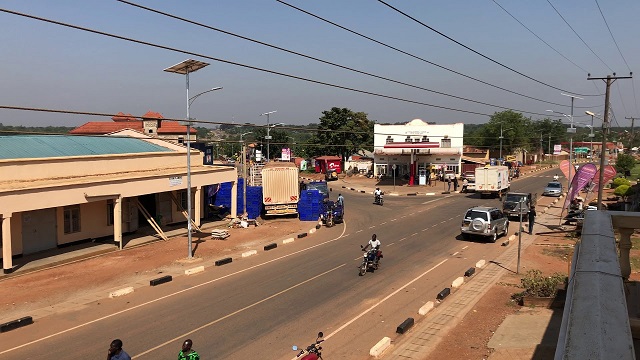
Kitgum, Uganda | THE INDEPENDENT | Kitgum municipality has recorded low local revenue, months after adopting the Integrated Revenue Administration System (IRAS).
IRAS is a method of revenue collection aimed at having a joint revenue collection system, that solves all the requirements in tax management in all local governments.
It replaced the physical revenue collection method and was expected to largely improve revenue collection, accountability, transparency, and efficacy in service delivery to the taxpayers.
It was also hoped that the new system would help alleviate the challenges such as revenue leakages, spending at source, and inadequate data, prevalent in the manual system.
In February, Kitgum Municipal Council started using the IRAS.
However, there are complaints that the divisions are collecting revenue below average compared to the amount they used to collect manually.
Patrick Ouma, the Senior Assistant Town Clerk of Pager Division says in one month of adopting the IRAS, the division collected only about 8 million shillings, yet initially, they could collect up to 20 million shillings within the same period.
Ouma reveals that the business community assumes that the money belongs to the divisions, and should therefore be the ones to move around to physically collect the funds, while others don’t have a smartphone to facilitate the payment of the revenue.
Ouma also notes that the divisions are concerned about the delay by the Ministry of Finance in sending the money back to the divisions. According to the system, revenue should be remitted back to the divisions after each month.
Darwin Charles Opoka, the Head of Revenue at Kitgum municipality, notes that since the municipality started using the IRAS, they have collected 62 million shillings out of the 202 million shillings assessed.
According to Opoka, they would have collected more than 50 percent of the money assessed if they were using the manual system.
He explains that the business community is not well informed about the new system of collecting money, which explains why the revenue collection is slow.
On why the divisions cannot access their revenue, Opoka explains that the problem stemmed from a mistake made by the Minister of Finance.
Opoka however believes that despite the few challenges, the IRAS is an effective system for collecting revenue than the manual because it reduces cases of spending money at the source and unauthorized individuals collecting money and squandering it.
IRAS was developed with support from the World Bank and has been tested in Gulu, Nansana, Yumbe, Zombo, Adjumani, and Amuria districts, and is operational in Gulu and Fort Portal cities.
*****
URN
 The Independent Uganda: You get the Truth we Pay the Price
The Independent Uganda: You get the Truth we Pay the Price



